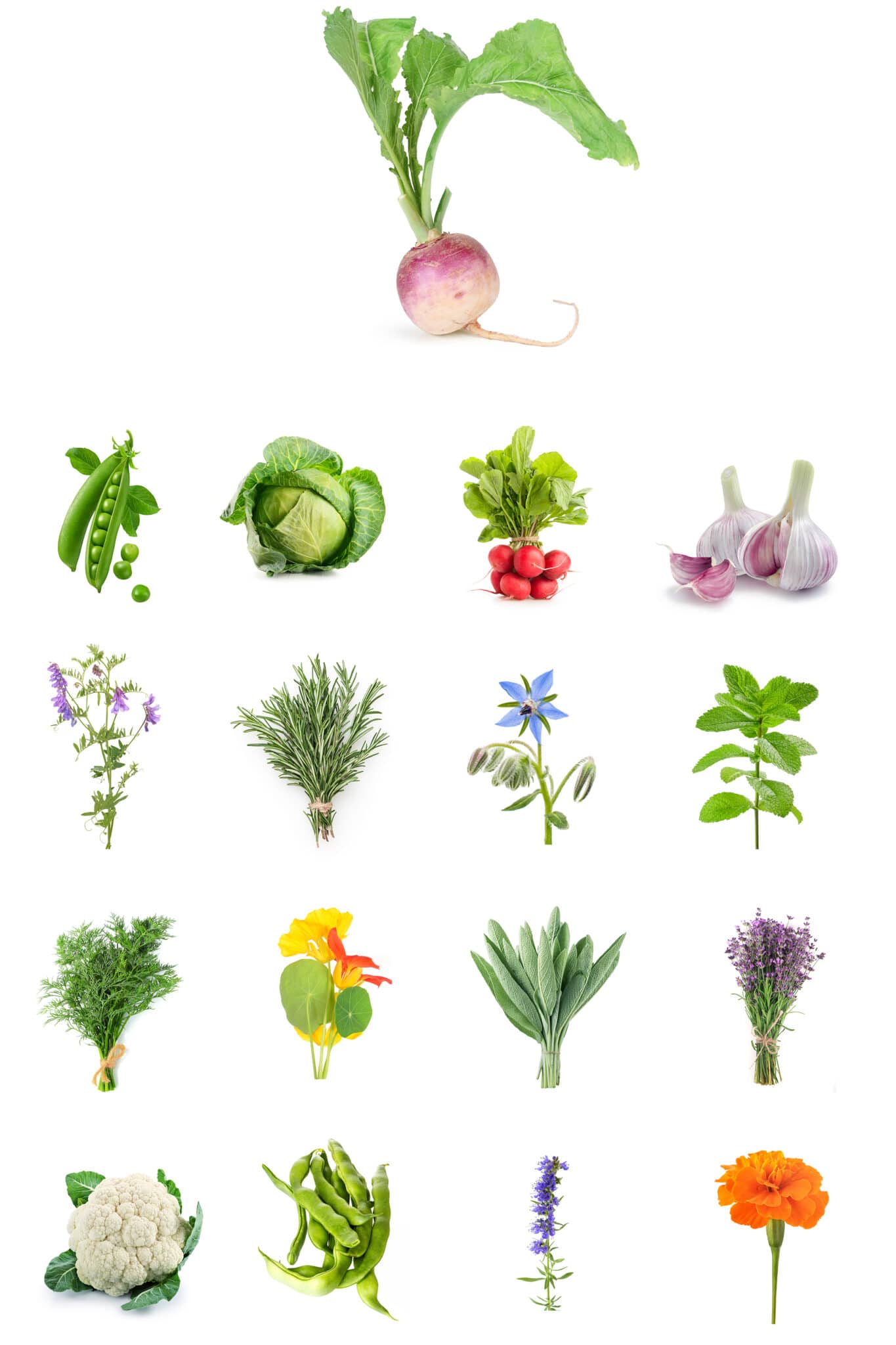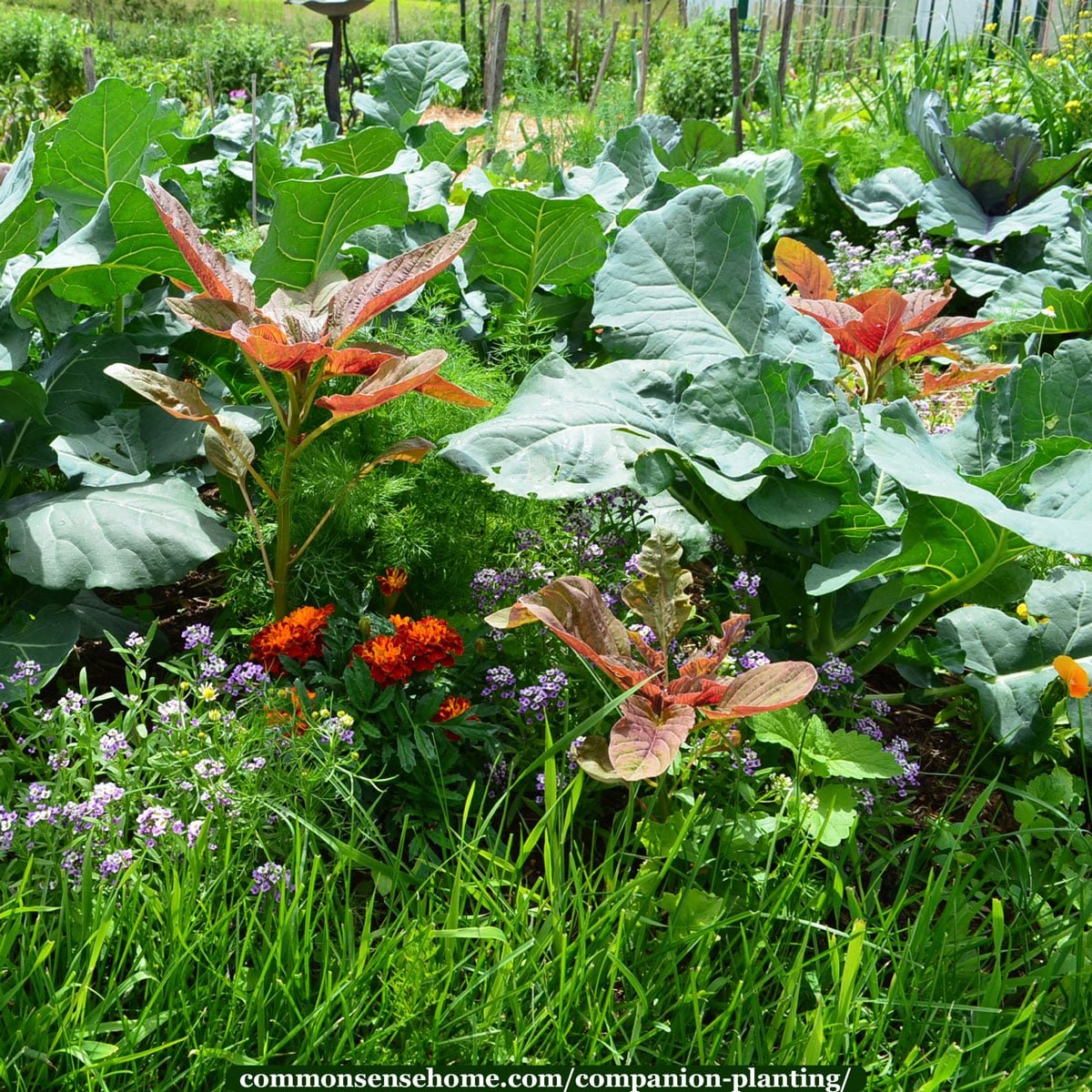The Best Companion Plants For Rutabagas: Grow A Bountiful Harvest
The Best Companion Plants for Rutabagas: Grow a Bountiful Harvest
Rutabaga is a root vegetable that is a member of the Brassicaceae family, which also includes cabbage, broccoli, and cauliflower. Rutabagas are a good source of vitamins C and K, as well as fiber. They can be eaten cooked or raw, and they have a slightly sweet and earthy flavor.
One of the best ways to grow a bountiful harvest of rutabagas is to use companion planting. Companion planting is the practice of planting certain types of plants together to benefit each other. There are many different companion plants that can be grown with rutabagas, but some of the best include:
- Peas: Peas are a nitrogen-fixing plant, which means they can help to improve the nitrogen content of the soil. This is beneficial for rutabagas, as they are heavy feeders.
- Beans: Beans are also nitrogen-fixing plants, and they can help to suppress weeds.
- Carrots: Carrots and rutabagas have similar growing requirements, and they can help to deter pests from each other.
- Turnips: Turnips and rutabagas are closely related, and they can be grown together without any problems.
- Chives: Chives can help to repel pests from rutabagas, and they can also improve the flavor of the roots.
- Onions: Onions can help to repel pests from rutabagas, and they can also improve the flavor of the roots.
In addition to these plants, there are a number of other companion plants that can be grown with rutabagas. Some other good options include lettuce, spinach, marigolds, and nasturtiums.
When choosing companion plants for rutabagas, it is important to consider the plants' growing requirements. Rutabagas need full sun and well-drained soil. They are also heavy feeders, so they will need to be fertilized regularly.
With a little planning, you can use companion planting to grow a bountiful harvest of rutabagas. By choosing the right plants to grow alongside your rutabagas, you can improve the health of your plants, deter pests, and enhance the flavor of your harvest.
Rutabaga is a delicious and versatile root vegetable that can be enjoyed in many different ways. When growing rutabagas, it is important to choose companion plants that will help to improve their growth and health. Some good companion plants for rutabagas include:
- Onions: Onions help to repel pests that can damage rutabagas, such as aphids and carrot flies.
- Beans: Beans help to improve the nitrogen content of the soil, which can benefit rutabagas.
- Carrots: Carrots and rutabagas can be planted together because they have different root systems and will not compete for nutrients.
- Chives: Chives help to repel pests and attract beneficial insects, both of which can benefit rutabagas.
- Turnips: Turnips and rutabagas are both members of the Brassicaceae family, so they can be planted together. However, it is important to rotate crops to prevent the spread of diseases.
For more information about companion plants for rutabaga, please visit Home Gardening.
FAQ of companion plants for rutabaga
- What are good companion plants for rutabaga?
Some good companion plants for rutabaga include:
Peas: Peas help to improve the nitrogen content of the soil, which is beneficial for rutabagas.
Onions: Onions help to repel pests, such as aphids and carrot flies.
Beans: Beans help to fix nitrogen in the soil, which is beneficial for rutabagas.
Carrots: Carrots help to repel pests, such as root maggots.
Chives: Chives help to repel pests, such as aphids and cabbage moths.
Turnips: Turnips help to repel pests, such as root maggots.
Beetroot: Beetroot helps to repel pests, such as carrot flies.
Spinach: Spinach helps to attract beneficial insects, such as ladybugs.
Marigolds: Marigolds help to repel pests, such as nematodes.
What plants should I avoid planting near rutabagas?
You should avoid planting rutabagas near other brassicas, such as cabbage, kale, broccoli, Brussels sprouts, kohlrabi, and cauliflower. This is because these plants are susceptible to the same diseases and pests, and planting them together can increase the risk of infection.
- Can I plant rutabagas next to tomatoes?
No, you should not plant rutabagas next to tomatoes. Tomatoes are members of the Solanaceae family, while rutabagas are members of the Brassicaceae family. These two families are not compatible, and planting them together can lead to problems.
- What are the benefits of companion planting with rutabagas?
There are several benefits to companion planting with rutabagas. For example, companion plants can help to:
- Attract beneficial insects: Some companion plants, such as marigolds and nasturtiums, attract beneficial insects, such as ladybugs and lacewings. These insects help to control pests that can damage rutabagas.
- Repel pests: Some companion plants, such as chives and onions, help to repel pests, such as aphids and cabbage moths. This can help to keep your rutabagas healthy and free from pests.
- Improve the soil: Some companion plants, such as peas and beans, help to improve the soil by fixing nitrogen or by aerating the soil. This can benefit rutabagas by providing them with the nutrients they need to grow strong and healthy.
Image of companion plants for rutabaga
- Peas: Peas help to deter pests from rutabagas, and they also help to fix nitrogen in the soil, which can benefit the growth of both plants.
- Onions: Onions repel pests from rutabagas, and they also help to improve the flavor of the rutabagas.
- Beans: Beans fix nitrogen in the soil, which can benefit the growth of both rutabagas and beans.
- Carrots: Carrots help to deter pests from rutabagas, and they also help to improve the flavor of the rutabagas.

- Chives: Chives help to repel pests from rutabagas, and they also add flavor to salads and other dishes.
- Turnips: Turnips help to deter pests from rutabagas, and they also help to improve the flavor of the rutabagas.

- Beets: Beets help to deter pests from rutabagas, and they also help to improve the flavor of the rutabagas.
- Spinach: Spinach helps to shade the roots of rutabagas, which can help to prevent them from rotting.

- Cucumbers: Cucumbers help to attract beneficial insects to the garden, which can help to control pests.

Post a Comment for "The Best Companion Plants For Rutabagas: Grow A Bountiful Harvest"